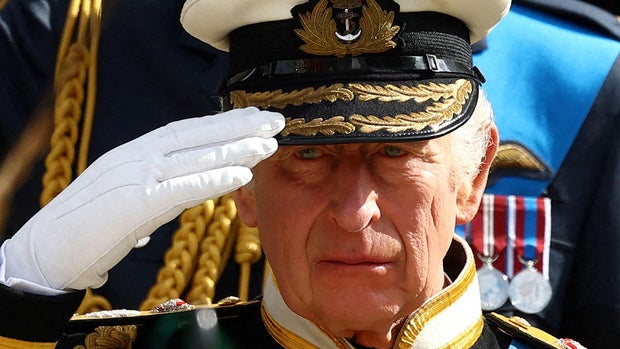
“The plain and expansive language of the arbitration agreement easily encompasses Periwinkle’s Complaint,” states a motion to compel arbitration. “In a futile effort to evade this unavoidable result (and generate publicity through a public filing), Periwinkle excluded Marvel as a party to this lawsuit––substituting instead its parent company Disney under contract-interference theories. But longstanding principles do not permit such gamesmanship.”
The move to push arbitration isn’t unexpected, and while Disney’s papers detail for the first time the exact language of the arbitration provision (see here), the company’s lawyers also make points that are less legally important at this juncture but will certainly attract notice.
For example, Disney says that Black Widow was put on more than 9,000 screens in the U.S., allegedly satisfying its obligation the film screen on no less than 1,500 (again, Johansson asserts it had to be exclusive), and according to the latest filing, as of Aug. 15, Black Widow has grossed more than $367 million in worldwide box-office receipts and more than $125 million in streaming and download retail receipts.
Disney compares the Black Widow release to other films in the Marvel canon, saying that the opening weekend take was “more than that of many other Marvel Cinematic Universe films, including Thor: The Dark World; Ant-Man; Ant-Man and the Wasp; and Guardians of the Galaxy.”
“Notwithstanding the Picture’s impressive pandemic-era showing and the decision to credit Periwinkle with streaming and download receipts, Periwinkle was dissatisfied,” the motion continues.
Although probably not necessary at this juncture, the legal papers also take on Johansson’s contract theories and presentation of evidence including one where a Marvel lawyer once told her deal lawyer in writing, “We totally understand that Scarlett’s willingness to do the film and her whole deal is based on the premise that the film would be widely theatrically released like our other pictures.”
“While Periwinkle tries to call that unambiguous contract language into question by citing a pre-pandemic, 2019 e-mail by a Marvel executive the communication merely confirmed Marvel’s intent to stand by the contract’s ‘wide theatrical release’ provision––which Marvel ultimately did, notwithstanding the dramatically changed circumstances of a 2020-2021 global pandemic.”
That, of course, is open to interpretation. The question at this juncture — a not-entirely-unimportant one that may influence the course of future disputes — is whether it will be a judge or arbitrator doing the interpreting.
Article From & Read More ( Disney Makes First Move in Scarlett Johansson’s ‘Black Widow’ Suit - Hollywood Reporter )https://ift.tt/3khgdA7
Entertainment

No comments:
Post a Comment